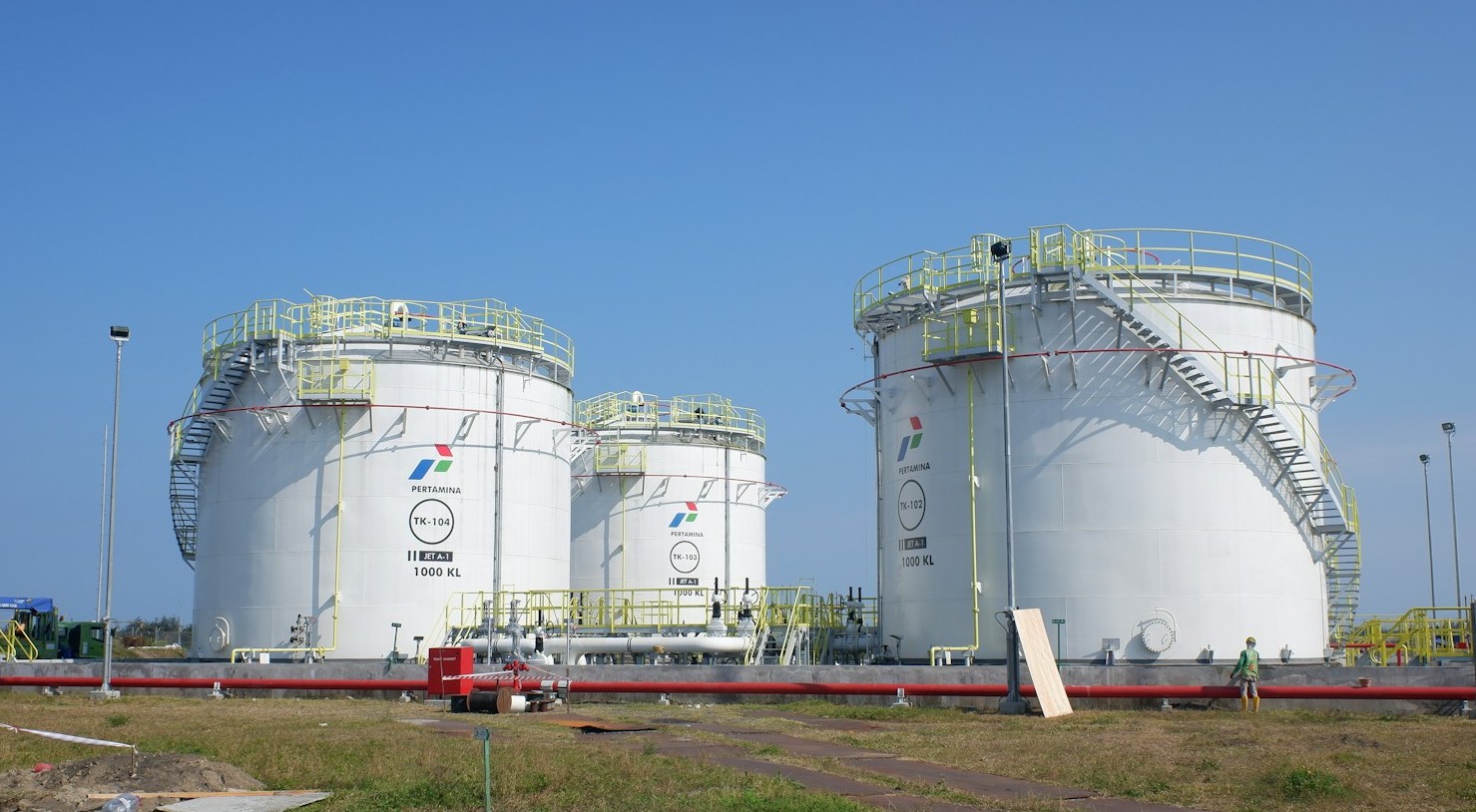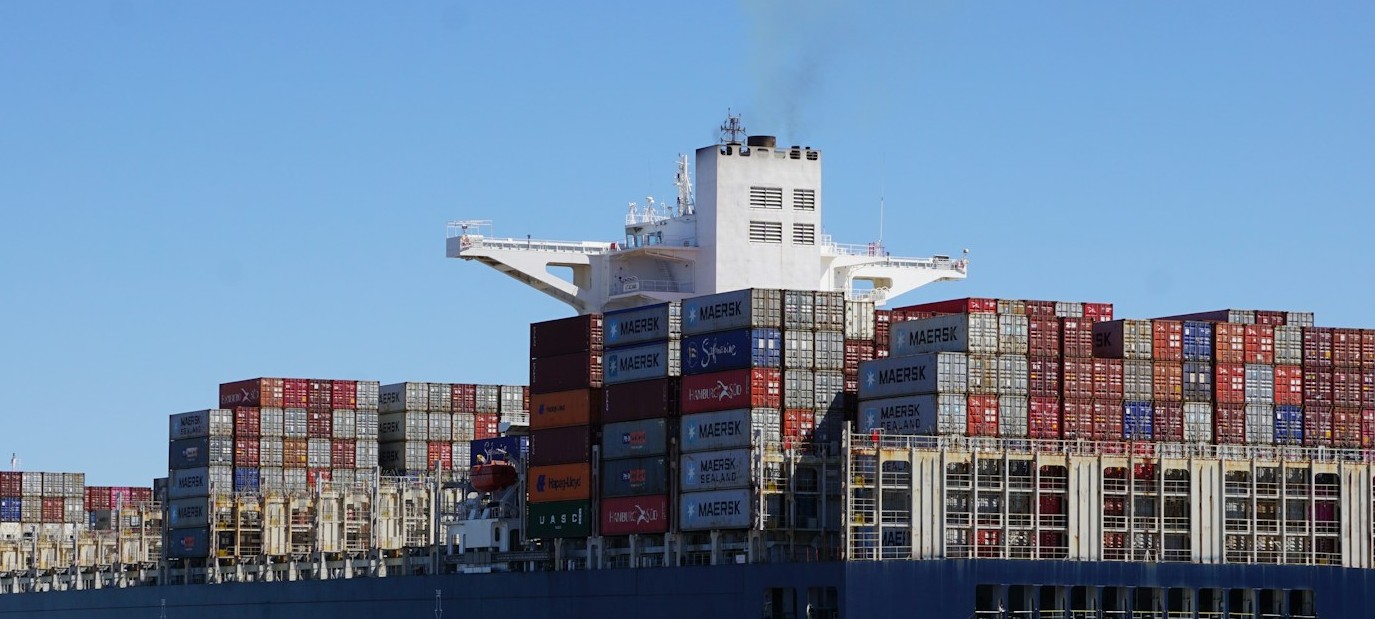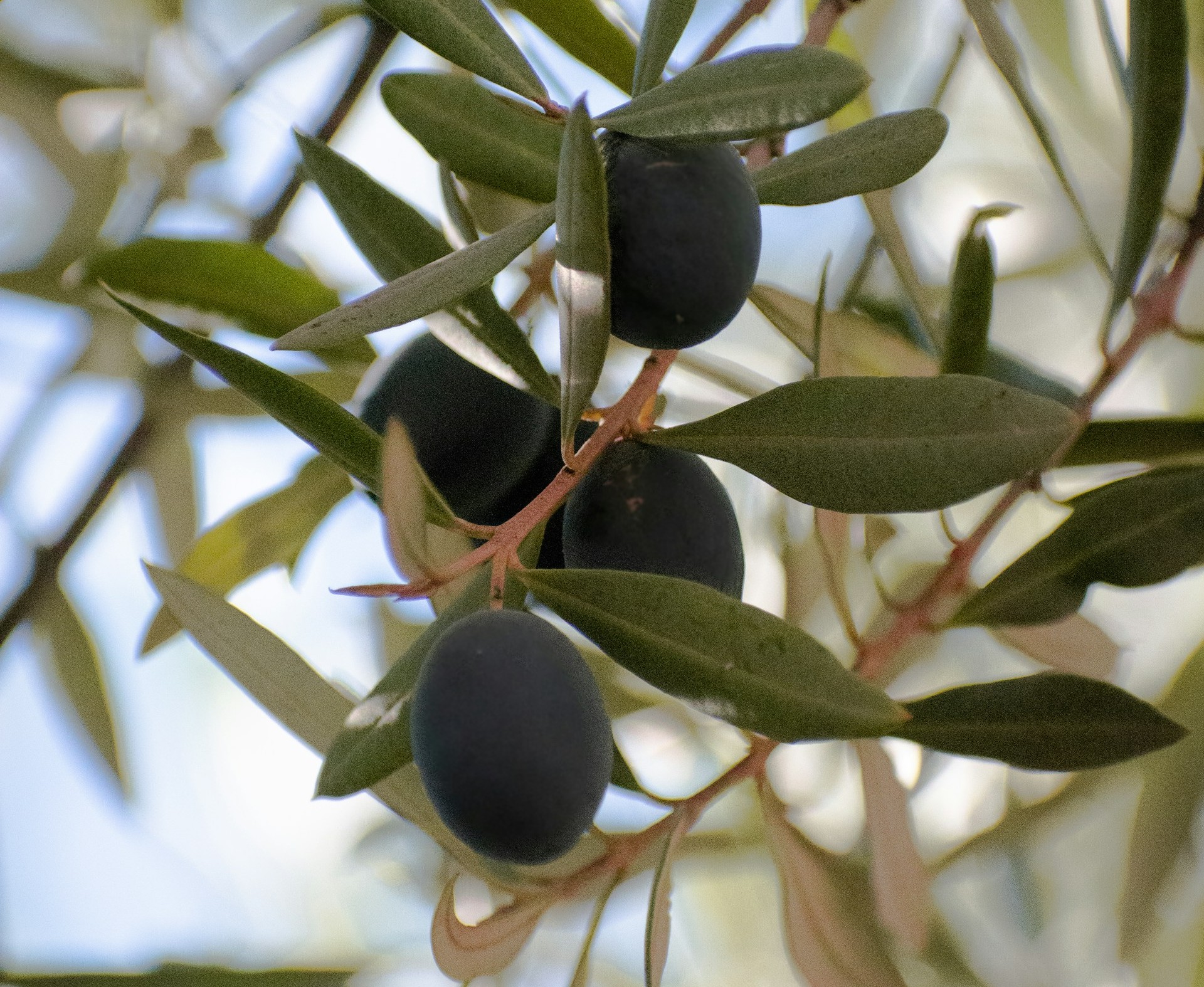Casablanca – Morocco is advancing its energy security through a series of strategic projects aimed at diversifying its energy sources and reinforcing its role in the regional energy market. The country’s efforts are being propelled by a vision of sustainability and energy independence, as outlined by the Minister of Energy Transition and Sustainable Development, Leila Benali, during her recent announcement at the 16th edition of the Energy Conference held in Ouarzazate.
New LNG terminal and infrastructure developments
On April 23, 2025, Morocco took another step towards strengthening its energy sovereignty with the announcement of a call for expression of interest (AMI) for the construction of the country’s first Liquefied Natural Gas (LNG) terminal at the Port of Nador West Med. This project marks a significant milestone in Morocco’s broader strategy to develop its natural gas infrastructure, which is considered a key element for the nation’s energy future.
The LNG terminal at Nador West Med will be part of an ambitious network of infrastructure designed to connect with the Maghreb-Europe Gas Pipeline (GME). The project aims to ensure that both current and future power stations managed by the National Office of Electricity and Drinking Water (ONEE) are reliably supplied with natural gas. The terminal will also provide energy to key industrial zones, including those in Kenitra and Mohammedia, strengthening the country’s industrial base while also supporting its transition to cleaner energy sources.
This infrastructure development is not only intended to meet domestic energy needs but also to position Morocco as a regional energy player. The project is planned to integrate into a larger network that will connect to future LNG terminals along the Atlantic coast. Additionally, it will link up with the ongoing development of the Atlantic-African Gas Pipeline, which will pass through the port of Dakhla. This broader network aims to enhance Morocco’s energy flexibility and increase its capacity to manage energy demands in a rapidly changing global energy landscape.
A vision for energy transition and sustainability
The development of natural gas infrastructure aligns with Morocco’s long-term strategy for a sustainable and diversified energy mix. Minister Benali emphasized that natural gas plays a crucial role in supporting the integration of renewable energy sources. With the country’s focus on renewable energy, particularly solar and wind power, natural gas provides the necessary flexibility to manage intermittent energy production and ensure reliable power generation.
Morocco’s energy transition strategy has been in place for over 15 years, guided by a royal vision that prioritizes both environmental sustainability and energy security. The country has made significant strides in the development of renewable energy projects, such as the Noor Solar Complex, which is one of the largest solar power plants in the world. The integration of renewable energy into the national grid is expected to continue to grow, and natural gas will serve as a backup for power plants, reducing the reliance on coal and other fossil fuels.
The planned LNG infrastructure is not only a critical step in supporting this energy transition but also a key component in achieving Morocco’s climate goals. By increasing its use of natural gas, the country aims to reduce greenhouse gas emissions from its electricity sector and lower the carbon footprint of its industrial activities. This approach is consistent with Morocco’s commitment to the Paris Agreement and its broader objectives of achieving carbon neutrality by 2050.
Regional cooperation and strategic partnerships
In addition to strengthening domestic energy security, Morocco is also looking to expand its energy partnerships at the regional level. The country’s collaboration with France, which was highlighted during the Ouarzazate conference, is an important example of how international cooperation can accelerate the energy transition. France, as the guest of honor at the conference, was represented by Gérard Mestrallet, the French president’s special envoy. The two countries have recently signed several agreements aimed at boosting cooperation in areas such as green hydrogen, cross-border electrical connections, and supporting the decarbonization of industrial sectors.
This strategic partnership with France is part of Morocco’s broader approach to energy cooperation, which also includes ties with other European and African countries. Morocco’s energy strategy aims to create a robust, interconnected regional energy network that can help ensure long-term energy security while promoting the integration of renewable energy sources across the region.
Looking ahead: A sustainable energy future
The establishment of LNG terminals and the expansion of the natural gas infrastructure are just one piece of Morocco’s larger energy security strategy. The country’s efforts to diversify its energy mix, reduce its dependence on imported fossil fuels, and invest in renewable energy are crucial components of its long-term vision for a sustainable and secure energy future. By investing in both traditional and renewable energy sources, Morocco aims to create a resilient and competitive national economy that can thrive in a world increasingly focused on sustainability and carbon neutrality.
Morocco’s energy security strategy is an ambitious and comprehensive plan that combines domestic infrastructure development with international cooperation. The country’s ongoing efforts to enhance its energy sovereignty, reduce carbon emissions, and expand its renewable energy capacity position it as a leader in the region’s transition to a more sustainable energy future. Through these initiatives, Morocco is not only securing its own energy future but also contributing to regional and global efforts to combat climate change and foster sustainable development.
















